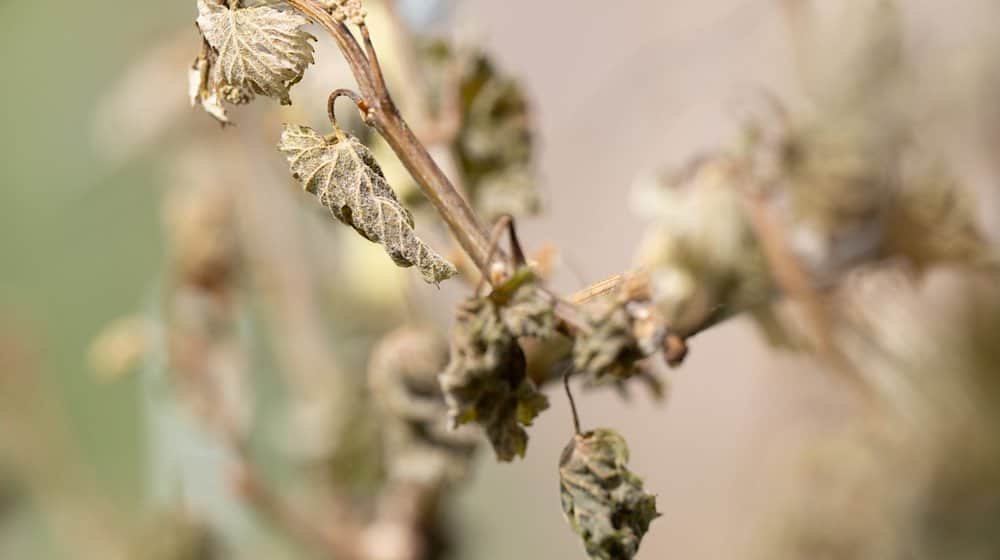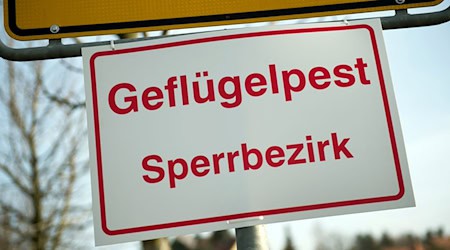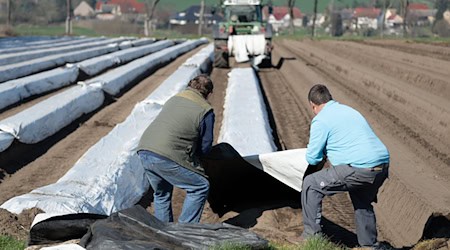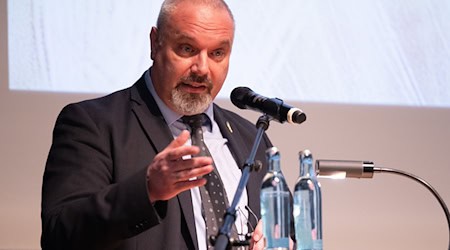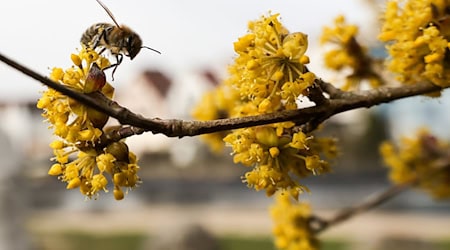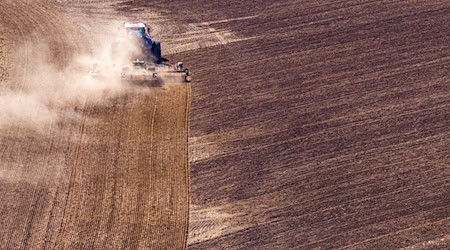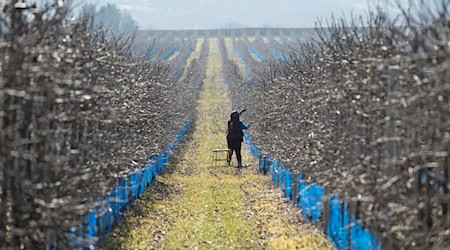The late frost around two weeks ago after very early flowering dashed all the hopes of Saxony's fruit growers. "We expect a loss of around 50 to 70 million euros on the areas of the state association," Udo Jentzsch, Managing Director of the Saxon Fruit Association, told the German Press Agency. These accounted for around 95 percent of the total fruit-growing area in the Free State.
Jentzsch spoke of "total loss", with the exception of strawberries, when they were covered and protected with fleece. Only 30 to 50 percent loss can be assumed there - and there is hope that there will still be a blossom. Fields for self-picking, which are remote, are also affected.
Jentzsch does not expect reliable figures on the loss until the end of May, beginning of June, when bad or damaged fruit is dropped from the trees. "There are still apples on the trees and they are still relatively firm," he said. But whether they will ripen by the end is not certain. Cherries, plums, pears and apples will also be available at most from direct marketers this year. "Even if ten percent are still hanging on, it's not worth picking them for the trade." The fruit growers would rather leave them hanging.
"We've never had a year like this with widespread failure," said Jentzsch. So far, only regions have been affected. Now, however, "everything is frozen" in Saxony, Thuringia, Saxony-Anhalt and Brandenburg, and there is not a single farm in the country without damage. Even the previous harvest was not abundant, but paid well. "Those who still have fruit are achieving relatively reasonable producer prices, but they are far from good," he said, describing the situation. "If an apple costs three euros in the store, the grower doesn't even get one euro."
According to Jentzsch, many farms have run out of reserves. After the three-quarter harvest in 2017 due to frost, which was even better paid for, there was either frost, hail, drought or sunburn in the following years and low producer prices. Due to the cost explosion, fruit-growing areas are being reduced - in the past 15 years already 1400 hectares in Saxony and Saxony-Anhalt. Fruit growers are giving up again and again.
"We can no longer keep up with the competition," said Jentzsch. Another reason is the minimum wage. Poland, the world's second largest apple producer, pays 4 to 5 euros per hour for seasonal workers, "we pay 12 to 15 euros, which is no longer competitive". And the political and economic conditions are making things increasingly difficult. "This is depressing the mood," said Jentzsch.
Consumers will also notice this. There will be fruit from Germany. "Only the center of Germany was affected, including Hesse a little, the Palatinate and Baden-Baden in some cases." But the Lake Constance region, for example, and the Alte Land, a large growing area, did not suffer any significant damage. But: "Saxon fruit is a rarity in 2024."
Copyright 2024, dpa (www.dpa.de). All rights reserved

